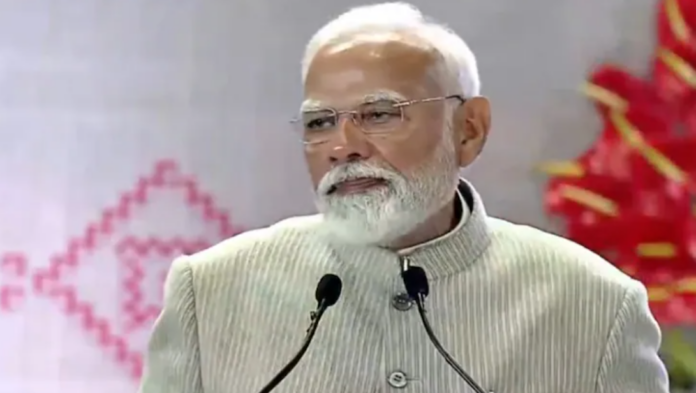On Friday, Prime Minister Modi praised the passage of the Waqf (Amendment) Bill, 2025, which updates existing Waqf laws. He described the bill’s approval as a historic moment in India’s journey towards socio-economic justice, transparency, and inclusive growth.
The bill was passed after a long debate. The Rajya Sabha approved it early on Friday morning, while the Lok Sabha had approved it after a 12-hour discussion the day before.
PM Modi stated that the bill would particularly benefit those who have been left on the margins of society, denying them opportunities and a voice. He called the passage of both the Waqf (Amendment) Bill and the Mussalman Wakf (Repeal) Bill a significant moment in the country’s efforts for justice and equality. He emphasized that this would help those who have long been neglected in the system.
The Waqf (Amendment) Bill introduces several key changes, such as strengthening Waqf tribunals, establishing a clear selection process, and setting fixed tenures to improve dispute resolution. The bill also reduces the mandatory contribution of Waqf institutions to Waqf boards from 7% to 5%. Waqf institutions earning over ₹1 lakh will now be audited by state-sponsored auditors, ensuring better financial oversight.
In the Rajya Sabha, the bill received 128 votes in favor and 95 votes against it, after the opposition’s amendments were rejected. In the Lok Sabha, 288 MPs supported the bill, while 232 voted against it.
PM Modi thanked all MPs who participated in the discussions and shared their views during parliamentary and committee debates. He also expressed gratitude to the public for their feedback, which helped shape the bill. He stressed that the passage of the bill highlighted the importance of debate and dialogue in improving legislation.
The Prime Minister noted that for decades, the Waqf system lacked transparency and accountability, which hurt Muslim women, poor Muslims, and Pasmanda Muslims the most. He stated that the new laws would improve transparency and protect the rights of all citizens.
While the bill received strong support from the government, opposition leaders criticized it, claiming that it violated constitutional principles and questioned the government’s intentions in bringing it forward.
However, Modi responded by saying that the passage of the bill would mark the beginning of a new era, where the system would be more modern and focused on social justice. He reaffirmed the government’s commitment to upholding the dignity of every citizen and building a stronger, more inclusive, and compassionate India.





